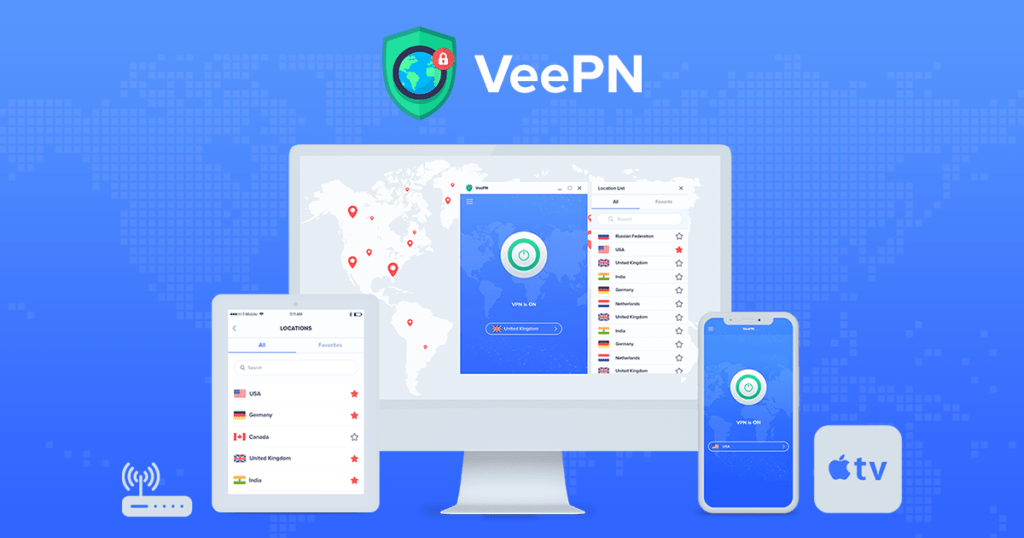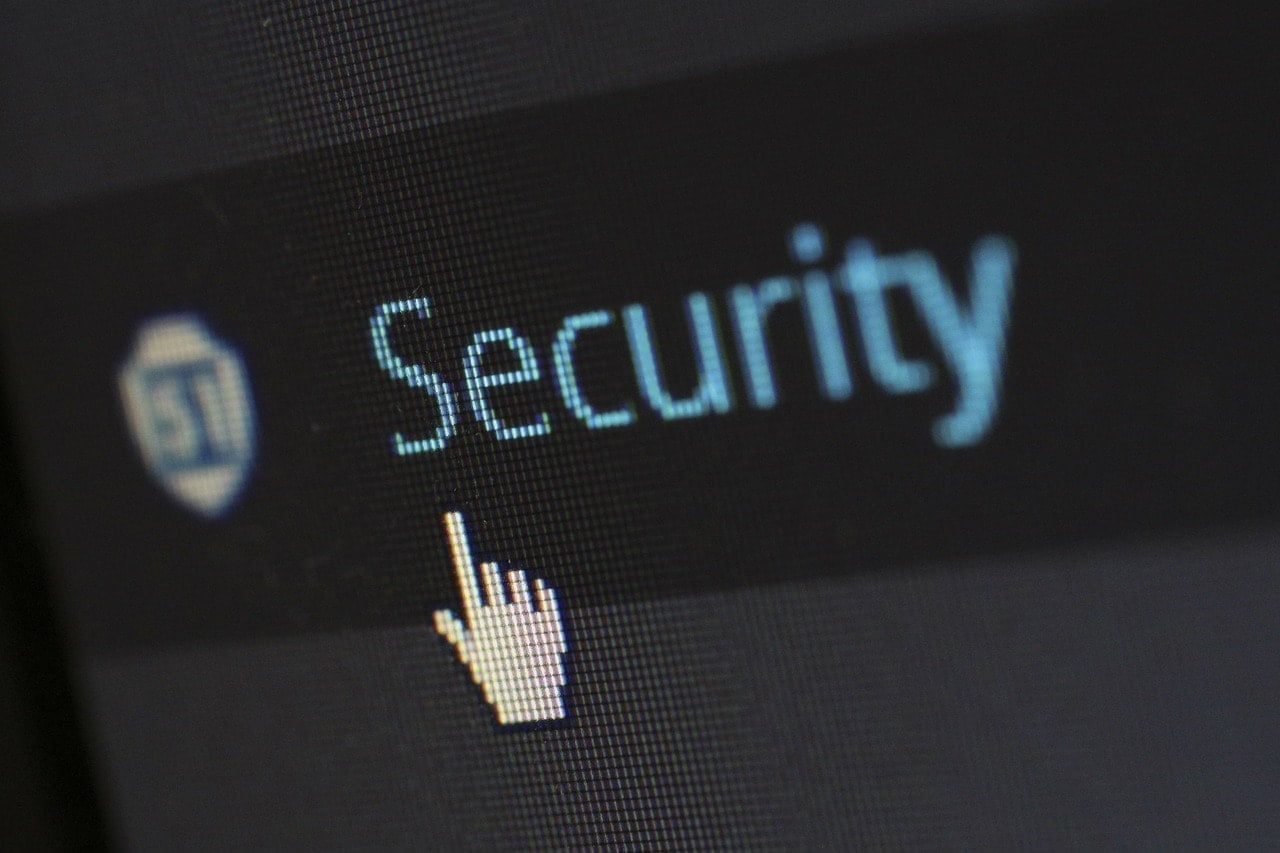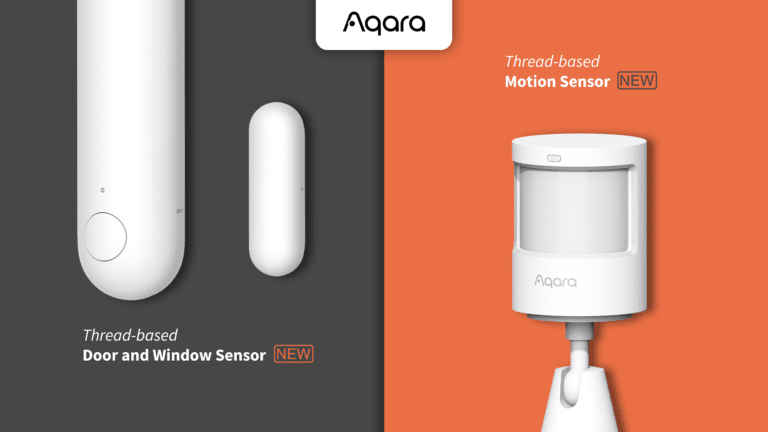Any links to online stores should be assumed to be affiliates. The company or PR agency provides all or most review samples. They have no control over my content, and I provide my honest opinion.
The internet, computers and mobile phones have been some of the greatest technological achievements of mankind. With all the advantages these pieces of tech bring us, numerous problems have arisen. In the past few years, there appears to have been exponential growth in hacking and privacy concerns.
Typing privacy into BBC news shows that this month alone Facebook broke privacy laws in Canada, they have also set aside $3bn for a privacy probe. The UK government has been in an email privacy blunder, and health apps post an ‘unprecedented’ privacy risk.
Then there are the new porn age-checks which will require UK users to acquire a sort of porn passport allowing them access to sites. Just to make matters works the EU passed a new Copyright Directive which has strict rules of policing of copyright violations.
As for hacking and malware, well, where do you start? 2017 saw WannaCry, Petya, and NotPetya cripple large organisations such as the NHS. A year before that a botnet of 1.5 million bodycams was created due to inadequate security.
Malware has become increasingly a concern on Android too, the Judy malware saw around 36.5million Android devices infected via 41 apps that were housed on the Google Play Store.
So, with all the freedoms the internet has brought us, it has become quite a scary place. So, what can you do to help maintain your privacy and avoid malware or malicious hacking attempts?
Secure Router
A few years ago, it was a regular occurrence for routers to be hacked, many of them came with default passwords, and quite often people didn’t change them. Recently there has been a growing number of security focussed routers, the first I used was F-Secure SENSE which has auto updates, and scans your traffic including IoT devices for suspicious activity.
Other companies such as TP-Link have baked in antivirus from Trend Micro allowing it to deal with issues at the source rather than every device needing security software.
For the more adventurous you can implement things like PiHole to block adverts across all your devices within your home which will limit privacy concerns.
VPN

Virtual Private Networks have grown in popularity exponentially in recent years, these direct your traffic through another computer masking your identity. This will avoid the aforementioned age-checks and more often than not, they allow you to choose where your IP is located allowing you to bypass geo-restrictions. You can then often use the VPN settings on your router, any traffic from your home is protected from people snooping into your activities. Most VPNs come with multiple versions, so, for example, there is the VeePN android version as well as options for Windows, iOS, or direct router integration.
Secure browser extensions (uBlock/Disconnect)
You can reduce adverts and unwanted tracking using various plugins in Chrome or Firefox. The often recommended ones are uBlock which will stop most advertising as well as Disconnect which stops tracking scripts from keeping tabs on you.
Anti-Virus / Malware
A secure router should reduce your need for dedicated software, but it does not harm to have specific software for your device. With Windows, this is built in and more than enough for most people. Premium solutions such as F-Secure have things like parental control and website malware protection.
Software updates

While it is an extreme example, WannaCry occurred from outdated software, which then led to most of the NHS being unable to access their PCs. Keeping software up to date is one of the most important things you can do. Malware and hacks occur from people finding and exploiting weaknesses in code, so when an OS or piece of software issues an update, more often than not it is fixing this sort of thing.
Reliable sources
It should go without saying, but downloading things from reliable sources will limit your exposure. Downloading pirated software, or installing Android APKs from unknown sources will significantly increase the chances of you being infected with some form of malware.
2-factor authentication
Recently Bodybuilding.com had a data breach exposing potentially all their usernames and passwords, a few weeks ago it was revealed that Facebook had allowed hundreds of millions of user passwords for Facebook, Facebook Lite, and Instagram to be stored as plaintext in an internal platform. This meant that thousands of Facebook employees could have searched for and found them.
If you have ever re-used a username or password, the above issues mean you have had multiple accounts exposed to hacking.
2FA limits your exposure by requiring a code to be inputted as part of the password. This is a time-sensitive code that often comes via your phone, though sometimes via email. Phone codes work best as it means the hacker would need access to your phone to gain entry to your account.
Password Manager / Unique Passwords
There is some scepticism over password managers such as LastPass or BitWarden, but in general, the security they provide is better than whatever you try to do yourself. They will help you generate completely random passwords for every site you sign up to, while at the same time remembering them and securing them under one master password. Just make sure that master password is long, complicated and backed up with 2FA.
Pro-active online account management
With the GDPR and other major privacy breaches, many companies have been forced to make it easier to manage your privacy. I would strongly recommend going through your social media accounts and tweaking the settings to limit how much information you reveal to the public. It is also worth clicking on a few unsubscribes in your emails, often Gmail has a unsubscribe button of its own. I would also recommend having a separate email address for anything that you are not 100% sure about. At the very least it will reduce the spam.
Common Sense
A bit of common sense comes in handy with everything you do in life and the same is true for anything you do online. Don’t download paid apps for free from 3rd party websites, if a social media post or email sounds too good to be true, it is probably a scam.
Overall
Overall, that appears to be a lot of stuff to remember, but most of it is easy to implement, and you don’t have to go full-on tinfoil hat with your security measure. A few small changes to your habits will reduce your risk to privacy breaches or security concerns. The main things would be to keep your router secure (via auto updates), a VPN to hide your identity, software updates in general, and secure unique passwords.
I am James, a UK-based tech enthusiast and the Editor and Owner of Mighty Gadget, which I’ve proudly run since 2007. Passionate about all things technology, my expertise spans from computers and networking to mobile, wearables, and smart home devices.
As a fitness fanatic who loves running and cycling, I also have a keen interest in fitness-related technology, and I take every opportunity to cover this niche on my blog. My diverse interests allow me to bring a unique perspective to tech blogging, merging lifestyle, fitness, and the latest tech trends.
In my academic pursuits, I earned a BSc in Information Systems Design from UCLAN, before advancing my learning with a Master’s Degree in Computing. This advanced study also included Cisco CCNA accreditation, further demonstrating my commitment to understanding and staying ahead of the technology curve.
I’m proud to share that Vuelio has consistently ranked Mighty Gadget as one of the top technology blogs in the UK. With my dedication to technology and drive to share my insights, I aim to continue providing my readers with engaging and informative content.







